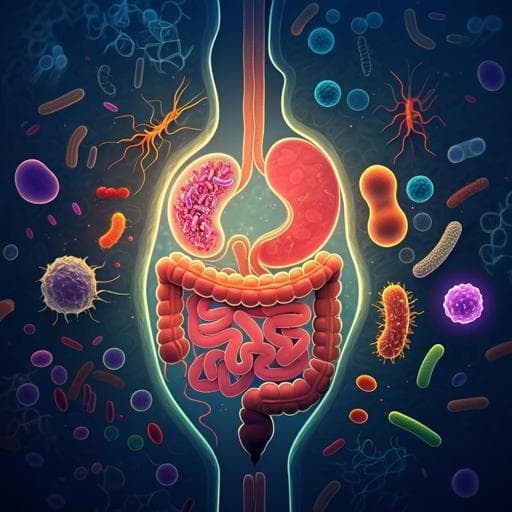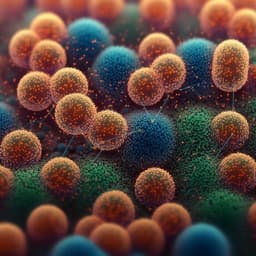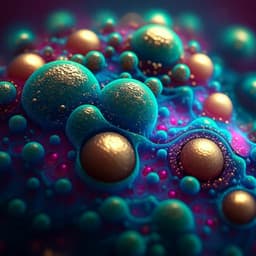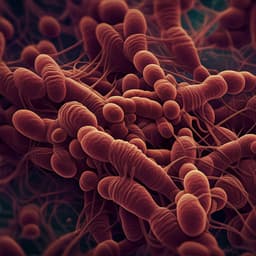
Medicine and Health
Polyphenol-rich diet mediates interplay between macrophage-neutrophil and gut microbiota to alleviate intestinal inflammation
D. Han, Y. Wu, et al.
Discover how dietary phenolic acids can combat intestinal inflammation by modifying gut microbiota and regulating macrophage activation! This groundbreaking research, conducted by Dandan Han and colleagues from China Agricultural University, reveals the unique interactions between individual phenolic acids and immune cells in the context of inflammatory bowel disease.
Related Publications
Explore these studies to deepen your understanding of the subject.







